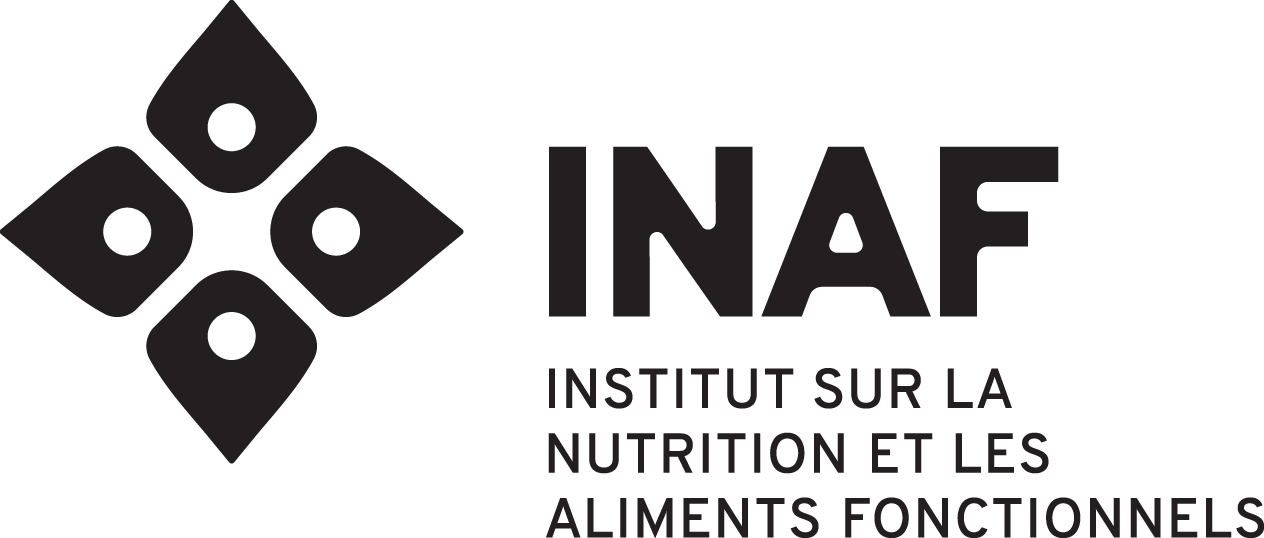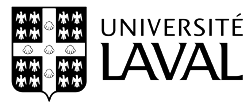Follow-up of Ready-to-Serve Soups

249 products were listed for this study
As soups are often eaten as a meal, their protein content is something to watch out for, as very few of them contain a minimum of 9g per portion (equivalent to 15% of the DV)
Modified soups provide more sodium than other soups
Highlights
The results of this follow-up study show few changes in ready-to-serve soups compared with the data collected in 2017. Firstly, sodium and fibre levels are still something to keep an eye on. More specifically, three-quarters of soups are still too high in sodium. Given that modified soups contain less sodium than other products, the efforts already made to reduce sodium levels are encouraging and should be maintained over the coming years. As for fibre, the soups purchased contain less of it compared with the initial picture. Since soups are commonly eaten as a meal, they should contain a minimum of 4g per portion.
Full report
The mission of the Food Supply Quality Observatory is to observe and monitor the evolution of the food supply in order to generate new knowledge and to act collectively to improve its quality and accessibility. The follow-up studies carried out by the Observatory aim to monitor the evolution of food categories of public health concern over time. Five years after the analysis of the initial portrait, the ready-to-serve soup category was analysed again and this report therefore presents the results of the follow-up analysis of this food category.
Method
The data used for this portrait was collected in collaboration with:
Nutritional composition:

Consumer purchases:

The steps to create this portrait are:

© Food Quality Observatory - INAF, Université Laval, 2019-2021

